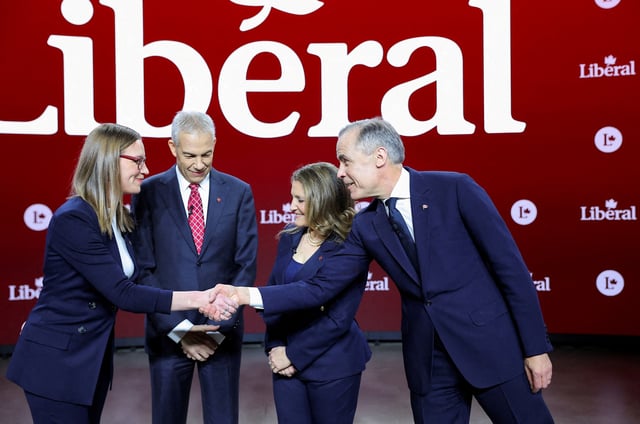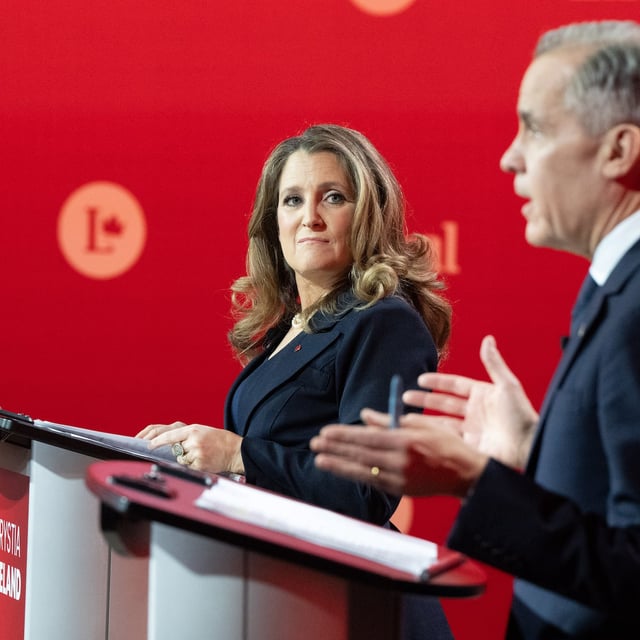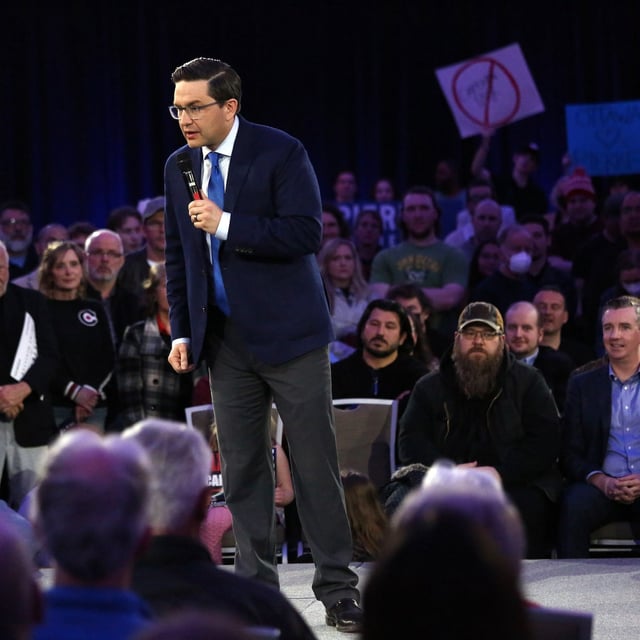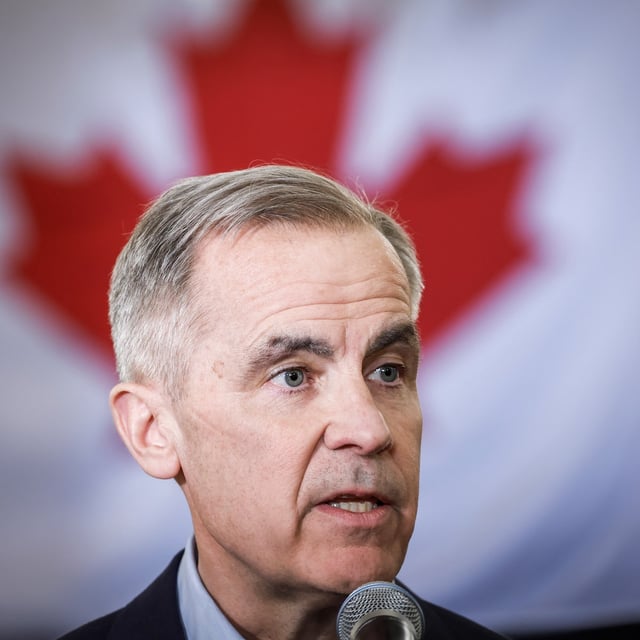Overview
- Pierre Poilievre, the frontrunner in Canada's federal election, has a complex and often tense relationship with the country's corporate elite, particularly Bay Street executives.
- Business leaders express concerns about Poilievre's lack of direct corporate experience and his combative style, which contrasts with his Liberal rival Mark Carney's deep ties to the business world.
- Poilievre's economic platform focuses on lowering taxes, reducing regulation, and simplifying corporate tax structures, but he has yet to provide detailed plans for addressing key challenges like a potential tariff-induced recession.
- The Conservative leader has criticized corporate leaders for what he sees as self-serving lobbying and a failure to challenge Liberal policies, urging them to prioritize public engagement over private influence.
- As Canada faces escalating trade tensions with the United States, Poilievre's ability to collaborate with business leaders may be critical to presenting a united front in negotiations.



